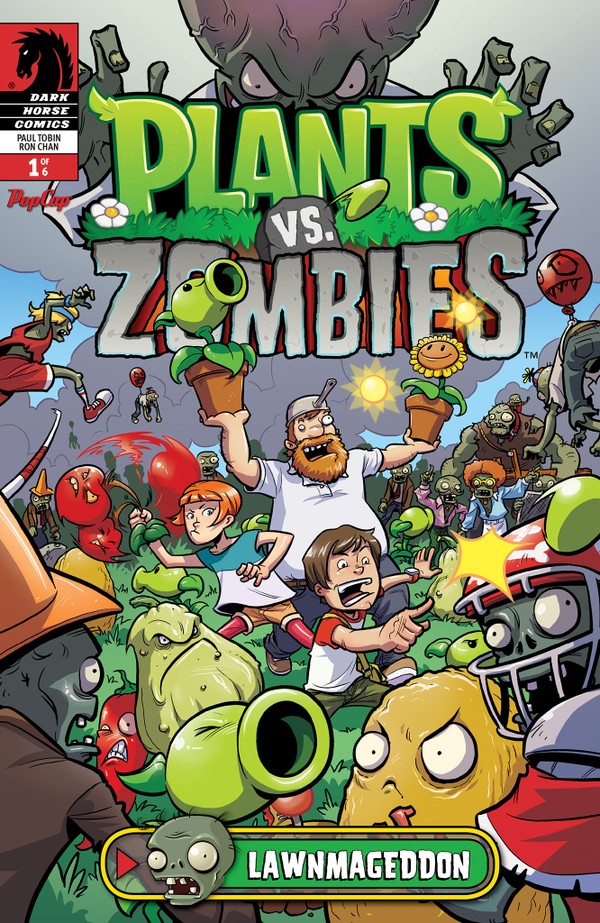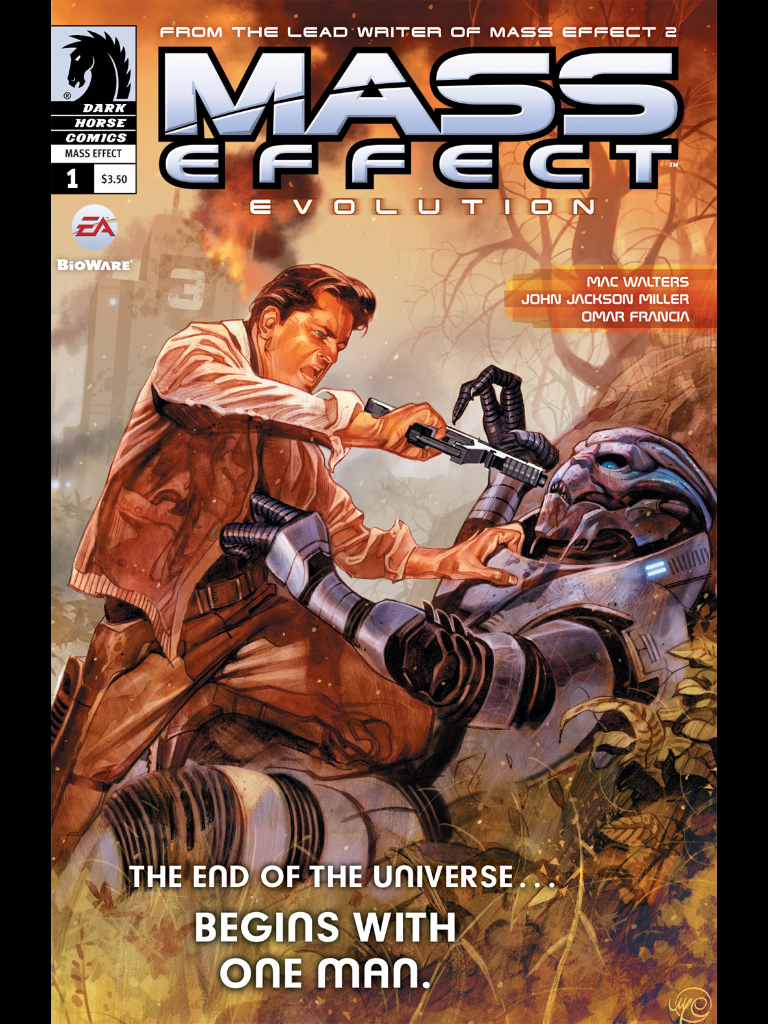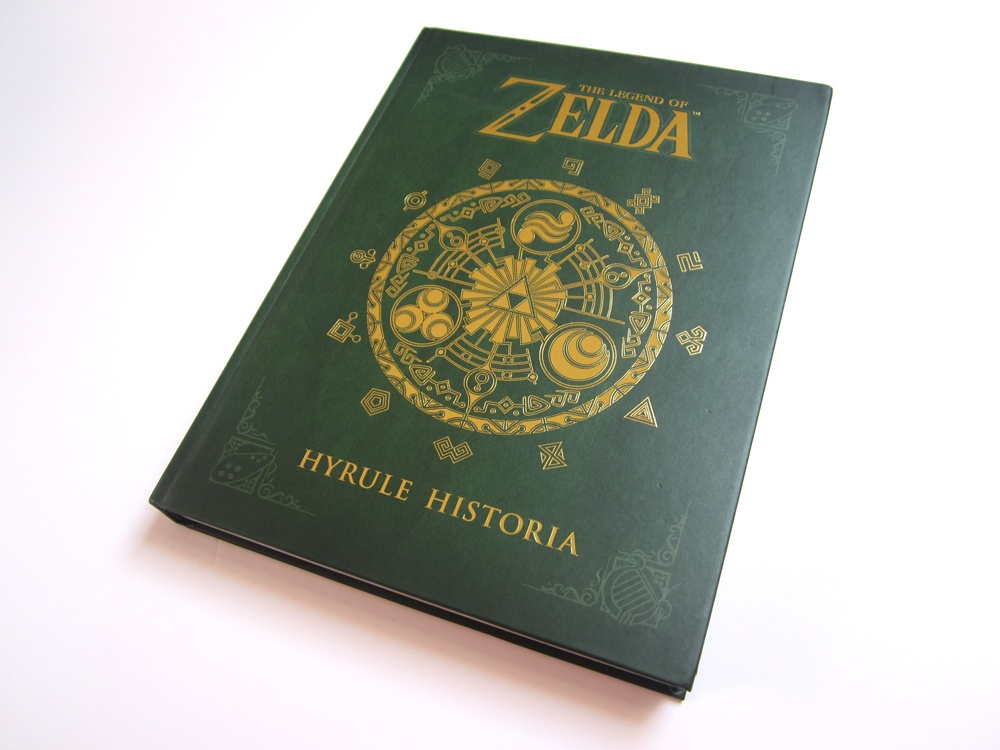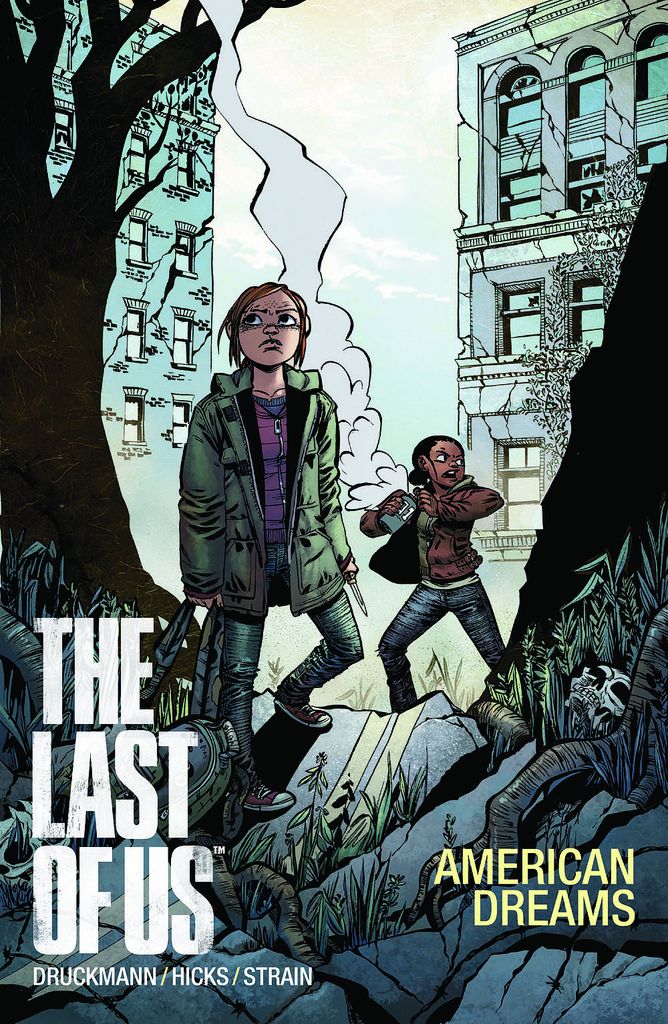Dark Horse Comics is coming off of a big year. Some might say they’ve elevated to the heights of Marvel and DC. In a business sense, they’re certainly getting there. Last week, Dark Horse entered a multi-year sales and distribution agreement with Random House Publishing Services, the very same company entrusted with DC’s distribution, not to mention countless other major publishers outside the world of comics. It’s a big leap; there’s no question about it. So what are they doing that other publishers can learn from?
Marvel Comics and DC Comics have an—arguably—unfair stranglehold on the industry. Why? For one, the two publishing titans were already household names when many of the other, smaller, publishers were just getting started, including Dark Horse Comics, who modestly originated as a retail comic shop in Bend, Oregon in 1986. By that time there were already four Superman films, five if you count the low budget Superman and the Mole Men from 51’, Marvel had made a Captain America film in 1944—a valuable piece of World War II propaganda—and Howard The Duck was just hitting theaters.

So what am I getting at? “Sure,” you’re all saying, “Marvel and DC have been around way longer and that’s why they’re more successful.” While that’s certainly the case, there’s more to their dominance than an age gap spanning two or three generations. It’s what they’re publishing, and what they have the rights to publish.
For decades publishers have been trying to create the next Batman, the next Spiderman—the next big superhero. Unfortunately for them, no one wants “the next Batman,” when they can just have Batman, and that applies for both Marvel and DC. The original trumps all in this case, and the two own exclusive rights to virtually every major superhero title. With so many reboots and reissues going on, the demand for something “new” goes only as far as the creative team while the characters remain the same—just as the fans want it.
I am not claiming that a smaller publisher has never released a successful superhero comic. Dark Horse, Dynamite, Monkeybrain—only to name a few—have all released compelling stories with protagonists who are or resemble a superhero; the size of the publisher has really nothing to do with the quality of writing that they put out. The point I’m making is that for every Hellboy or Captain Midnight that Dark Horse releases, Marvel then has Captain America along with Iron Man, X-Men, Hulk, and the list goes on and on. They have superheroes for all occasions, all moods, and all types of people.

To compete with such timeless and household names—such unparalleled variety—a rival publisher would need to have a niche of their own to settle into. Dark Horse, by my assessment, has done just that. They have managed to do what few other comics—even filmmakers—have managed to do in the past, which is create countless compelling and exceptionally put together stories based on video games.
What is it about video games that seemed to elude writers for so long? There are likely very few diehard fans of the Resident Evil game franchise that also love the endless flow of Resident Evil movies that keep getting churned out. At this point, the movies and games have gone in opposite directions and have very little to do with one another besides the name. What has Dark Horse done differently?

In 2010, upon Dark Horse’s release of the acclaimed Mass Effect: Evolution comics, based on the all-too-popular Mass Effect video games, IGN put out an article titled, “Why Video Game Comics Suck.” Don’t let the name fool you; it praised Mass Effect: Evolution. Perhaps a more apt title would have been, “Why Most Video Game Comics Suck,” but that’s neither here nor there. The point that the article was making was that for too long, with too many good games, the comic adaptations downright—well—suck.
The keyword in the article was “mythology,” and how the more successful video game comics are the ones that meaningfully expand the mythology of their world. The real story, it asserted, is in the game, and the comics ought to add the depth and inspire growth rather than stunt it. Dark Horse achieved that with Mass Effect three years ago, and with many more since. 
A good example of this is The Legend of Zelda: Hyrule Historia, which was published by Dark Horse Comics earlier this year and which hit the New York Times Bestseller List as well as the top spot on Amazon’s bestseller list for all books. While not so much a comic as it is a comprehensive history, its success speaks to Dark Horse’s treatment of their subject matter. Their goal wasn’t to hijack Zelda from the consoles; their goal was to complement it.
Dark Horse now has multiple Halo titles in the works; they published the prequel to the masterful, The Last of Us; Mass Effect titles are still running; and due to the success of their compelling expansion of the Star Wars: Knights of the Old Republic games, even more Star Wars titles are on the way, including an adaptation of George Lucas’s script to the original film. The creative heads of almost all of these adaptations also wrote for their respective games, which displays not only their versatility as writers, but Dark Horse’s commitment to the material. “Adaptation” isn’t the right world for what their doing; I would sooner call it “expansion.”

I believe that Dark Horse Comics has found its niche. Their new sales and distribution agreement with Random House means one very major thing: greater accessibility. The power of a publisher lies in the number of loyal readers it has. In Dark Horse’s case, it’s only going to grow. With next generation systems on the horizon, we are in the midst of a video game renaissance, and Dark Horse is capitalizing where it counts. DC and Marvel are standing tall because of their strong pasts, but Dark Horse, I believe, has the most promising future.